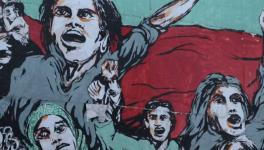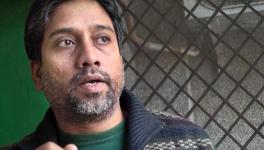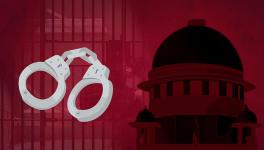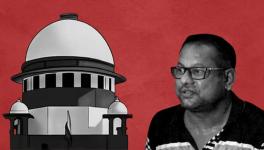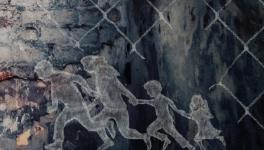Fr Stan Swamy Challenges Constitutional Validity of UAPA’s Bar on Grant of Bail Before Bombay HC
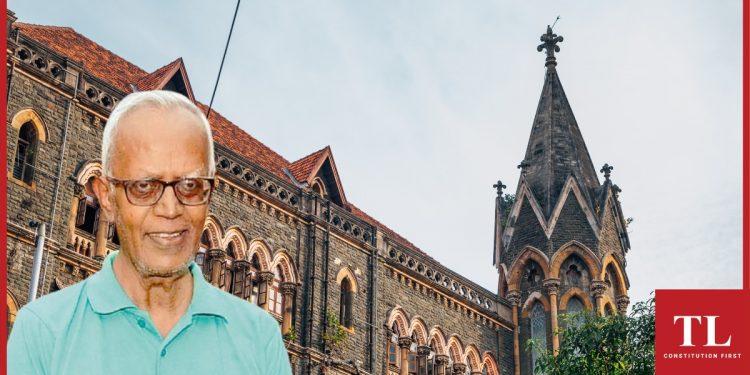
Father Stan Swamy.
Father Stan Swamy, an accused in the Bhima Koregoan case, has approached the Bombay HC challenging Section 43D(5) of the Unlawful Activities (Prevention) Act [UAPA] which bars grant of bail if the accusation is prima facie true.
In his plea, Swamy has contended that this provision creates an ‘unsurmountable’ hurdle for the accused to get bail and, thus, is violative of Articles 14 (right to equality) and 21(right to life and personal liberty) of the Constitution.
“Presumption of innocence is a fundamental tenet of our criminal jurisprudence and is a human right. In any event, when such harsh conditions are imposed in respect of grant of bail even before the trial is conducted the same inverts on its head the presumption of innocence”, the plea says.
Referring to the Supreme Court’s judgment in the National Investigation Agency vs. Zahoor Ahmad Shah Watali, the petitioner contended that the judgment read along with Section 43-D(5) creates a de facto ban on grant of bail for the accused under the UAPA.
In the Watali case, the top court held that whether or not a prima facie case is made out is to be adjudicated based on the totality of the material gathered by the investigation agency and presented along with the report and including the case diary and not by analyzing individual pieces of evidence or circumstances.
The plea also says the use of “front organisation” is dehors any statutory backing and further the use of this terminology in the first schedule of the UAPA is violative of Article 14, 19 and 21 in so far as it places arbitrary and overarching restrictions on fundamental rights.
Also Read: Under UAPA, anything can be an offence based on flimsy evidence
While listing terrorist organisations in the schedule even frontal organisations are treated as having been banned without even naming or notifying these organisations.
Swamy has also sought quashing of the trial court order rejecting his bail application. He is currently undergoing treatment at Holy Family hospital. The high court is scheduled to hear his medical bail application next week.
Also Read: Supreme Court must stop wanton abuse of UAPA
In March 2021, the NIA Court while rejecting Swamy’s plea for regular bail held that from the documents on record, prima facie, it could be gathered that the applicant alongwith other members of a banned organisation had hatched a serious conspiracy to create unrest in the entire country and to overpower the government, politically and by using muscle power.
“The material placed on record thus prima facie denote that the applicant was not only a member of banned organisation CPI (Maoist) but he was carrying out activities further in the objective of the organisation which is nothing but to overthrow democracy of the nation”, it said.
Also Read: Delhi Riots case: UAPA accused Devangana Kalit, Natasha Narwal, Asif Iqbal Tanha get bail
Get the latest reports & analysis with people's perspective on Protests, movements & deep analytical videos, discussions of the current affairs in your Telegram app. Subscribe to NewsClick's Telegram channel & get Real-Time updates on stories, as they get published on our website.











